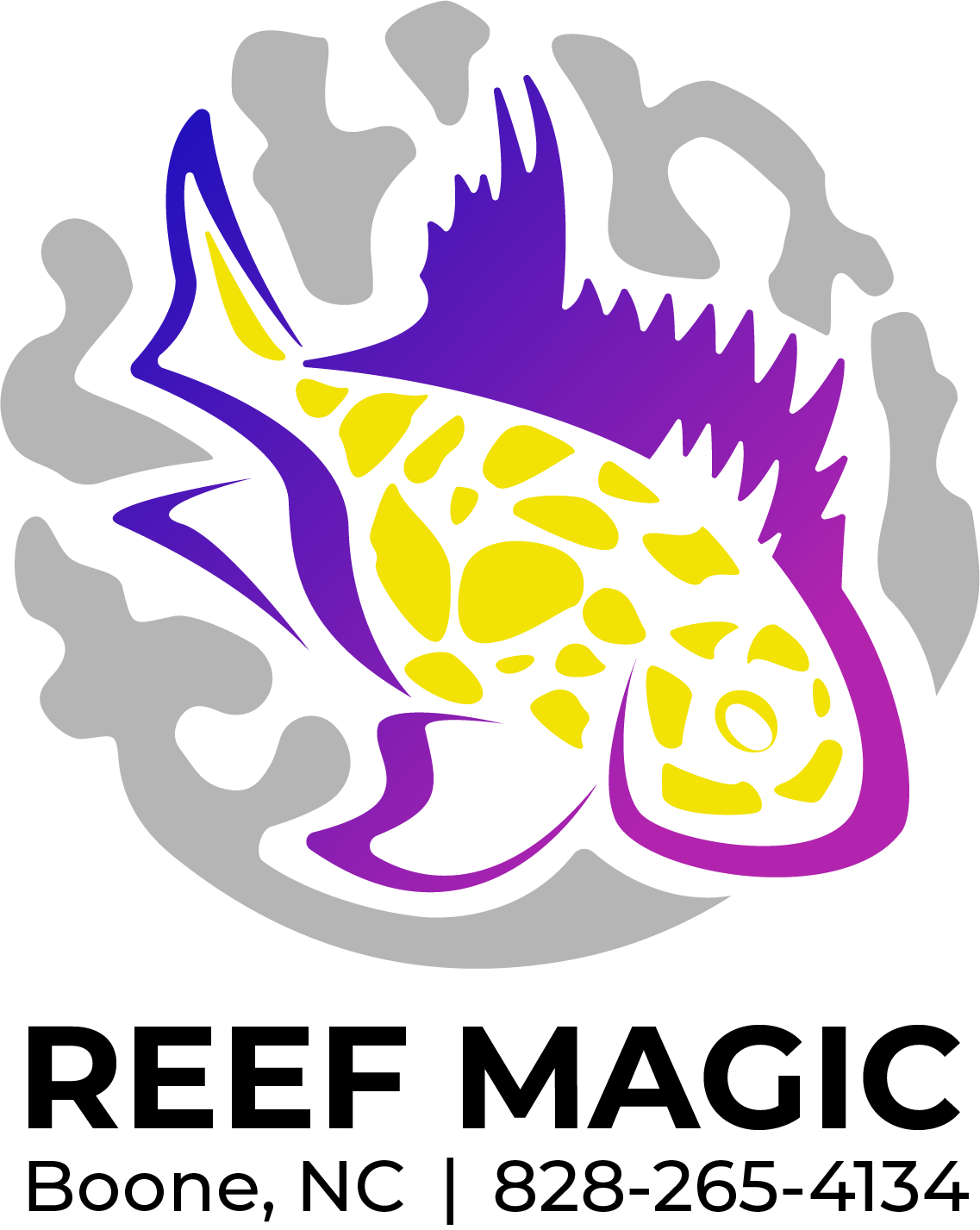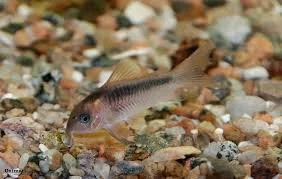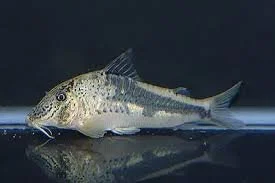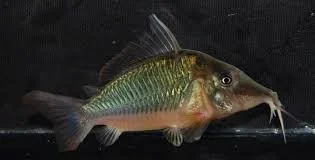 Image 1 of 1
Image 1 of 1


Cory - Green
Corydoras catfish, commonly known as Cory Cats or Corydoras, are popular freshwater fish that are appreciated for their peaceful nature and interesting behavior. Here are the requirements for keeping Cory Cats:
Aquarium size: Cory Cats are relatively small in size and can be kept in a small to medium-sized aquarium. A tank with a capacity of at least 10 gallons (38 liters) is suitable for a small group of Cory Cats. However, the more space you can provide, the better.
Water parameters: Cory Cats prefer slightly acidic to neutral water conditions. The ideal temperature range is around 72-78°F (22-26°C), pH between 6.0-7.6, and hardness between 2-15 dGH. It is important to maintain stable water conditions to ensure the well-being of your Cory Cats.
Tank setup: Provide a well-decorated tank with plenty of hiding spots and open swimming areas. Cory Cats are bottom-dwellers and appreciate a soft substrate, such as sand or fine gravel, as it mimics their natural habitat. Include live or artificial plants, driftwood, and smooth rocks to create hiding places and provide a natural environment.
Filtration and water flow: Use a gentle filtration system to maintain water quality without creating strong currents. Cory Cats are not strong swimmers and prefer calm water conditions. A sponge filter or a filter with adjustable flow is recommended to provide adequate filtration without disturbing the fish.
Lighting: Cory Cats don't have specific lighting requirements. Provide a lighting system that mimics natural day and night cycles, with a photoperiod of around 8-10 hours of light per day. Avoid intense lighting that may cause stress.
Diet: Cory Cats are omnivorous and have a preference for small, meaty foods. Offer them a varied diet consisting of high-quality sinking pellets or granules as their staple food. Supplement their diet with frozen or live foods such as bloodworms, brine shrimp, or daphnia. They also graze on the bottom of the tank, consuming leftover food and algae.
Tank mates: Cory Cats are peaceful and can be kept with other small and non-aggressive fish species. They are social and feel more secure when kept in groups of five or more. Suitable tank mates include other peaceful community fish such as tetras, rasboras, guppies, and peaceful dwarf cichlids.
Corydoras catfish, commonly known as Cory Cats or Corydoras, are popular freshwater fish that are appreciated for their peaceful nature and interesting behavior. Here are the requirements for keeping Cory Cats:
Aquarium size: Cory Cats are relatively small in size and can be kept in a small to medium-sized aquarium. A tank with a capacity of at least 10 gallons (38 liters) is suitable for a small group of Cory Cats. However, the more space you can provide, the better.
Water parameters: Cory Cats prefer slightly acidic to neutral water conditions. The ideal temperature range is around 72-78°F (22-26°C), pH between 6.0-7.6, and hardness between 2-15 dGH. It is important to maintain stable water conditions to ensure the well-being of your Cory Cats.
Tank setup: Provide a well-decorated tank with plenty of hiding spots and open swimming areas. Cory Cats are bottom-dwellers and appreciate a soft substrate, such as sand or fine gravel, as it mimics their natural habitat. Include live or artificial plants, driftwood, and smooth rocks to create hiding places and provide a natural environment.
Filtration and water flow: Use a gentle filtration system to maintain water quality without creating strong currents. Cory Cats are not strong swimmers and prefer calm water conditions. A sponge filter or a filter with adjustable flow is recommended to provide adequate filtration without disturbing the fish.
Lighting: Cory Cats don't have specific lighting requirements. Provide a lighting system that mimics natural day and night cycles, with a photoperiod of around 8-10 hours of light per day. Avoid intense lighting that may cause stress.
Diet: Cory Cats are omnivorous and have a preference for small, meaty foods. Offer them a varied diet consisting of high-quality sinking pellets or granules as their staple food. Supplement their diet with frozen or live foods such as bloodworms, brine shrimp, or daphnia. They also graze on the bottom of the tank, consuming leftover food and algae.
Tank mates: Cory Cats are peaceful and can be kept with other small and non-aggressive fish species. They are social and feel more secure when kept in groups of five or more. Suitable tank mates include other peaceful community fish such as tetras, rasboras, guppies, and peaceful dwarf cichlids.






